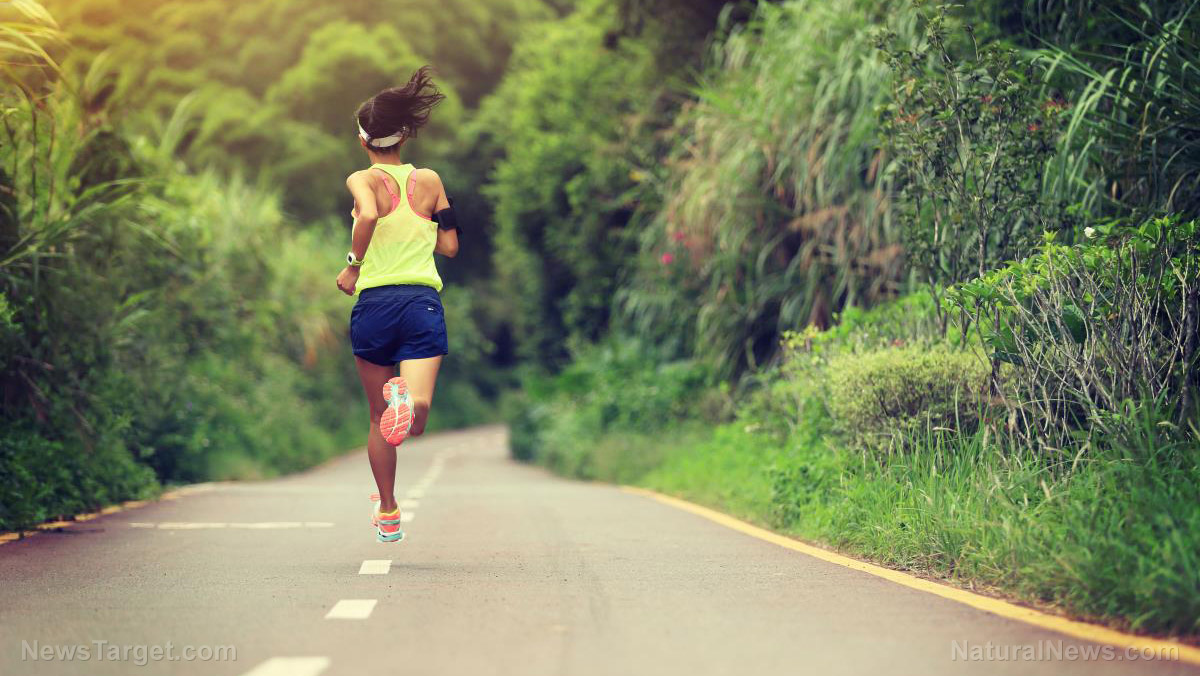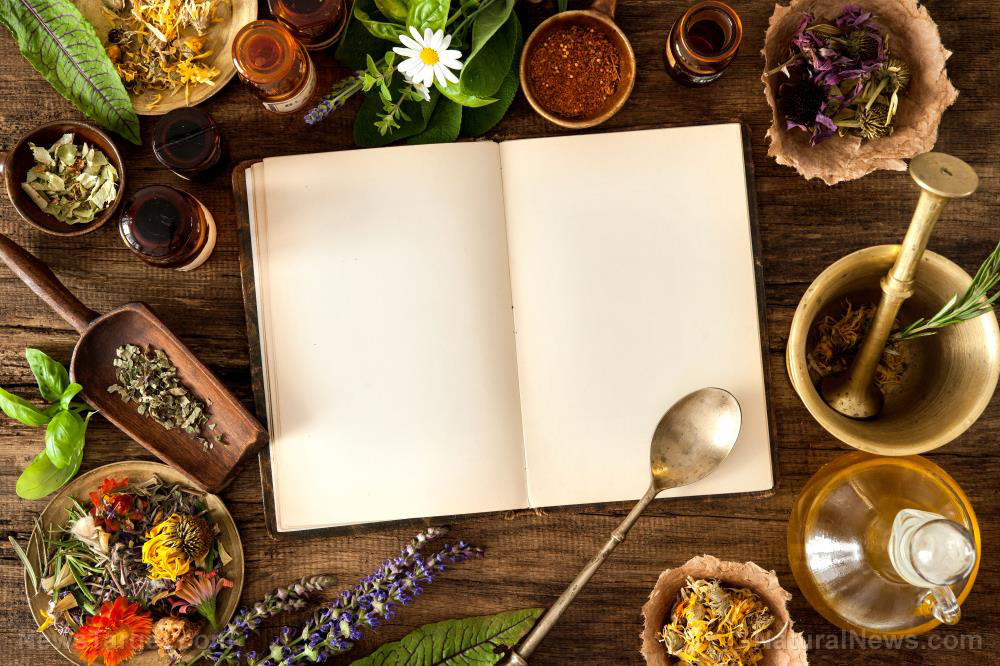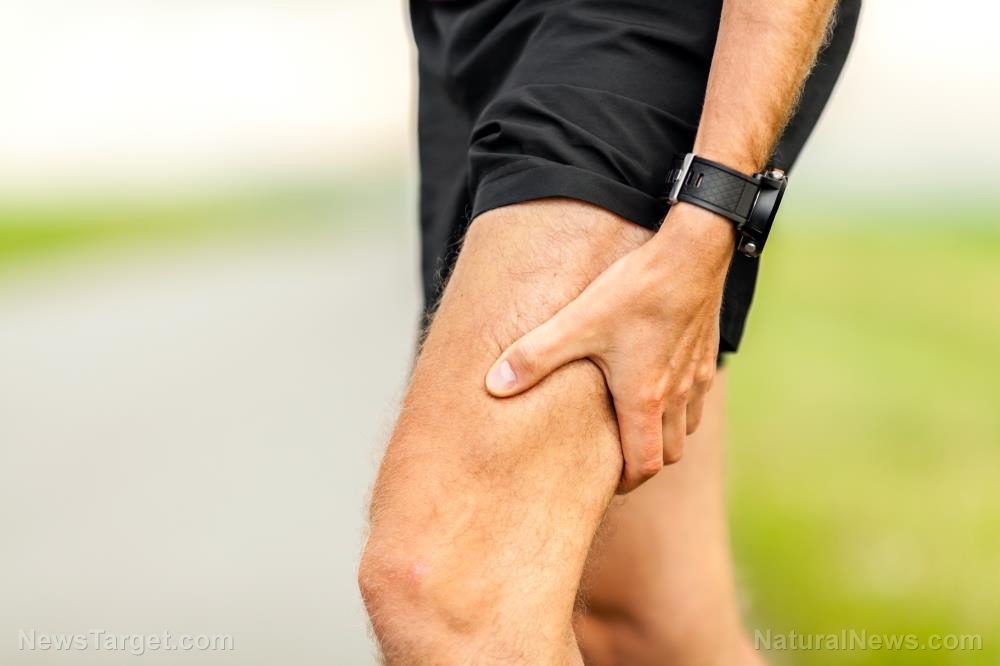Sitting for too long linked to greater heart disease risk in postmenopausal women: Study
09/20/2021 / By Mary Villareal

Exercise offers many benefits, but these may not be enough to undo the negative health effects that come with spending too much time sitting, whether at home or the office. Researchers found that sitting for long periods has been linked to a greater risk of cardiovascular diseases in postmenopausal women.
For their study, the researchers looked at the sitting behavior of postmenopausal and overweight women. The researchers measured the women’s sedentary behavior using wearable activity monitors. They also measured both the total time women spend sitting during the day and the time of each sitting session.
The women’s cardiovascular symptoms became more pronounced after menopause. Although everyone’s risk for cardiovascular disease increases with age, this may also be due to a decline in the natural hormone, estrogen.
In the study, women who spent most of their day sitting for longer periods had worse biomarkers related to cardiovascular diseases, including their body mass index (BMI), waist circumference, fasting glucose, insulin resistance and triglycerides. The effect was even more pronounced for women with obesity compared to those who are overweight.
The connection between the women’s sedentary behavior and cardiovascular disease risk remained, even when researchers took into account their physical activity levels. This means that being sedentary was linked to a higher risk of cardiovascular disease, even for those who exercised regularly.
The authors of the study indicated that more effort should be made by physicians and other healthcare providers to encourage people to exercise more, and also to sit less.
“Traditionally, clinicians focus on encouraging their patients to exercise more and increase physical activity with little focus specifically on sitting time,” the researchers said. (Related: Leading sedentary lifestyle just as deadly as smoking, say researchers.)
Becoming more active
According to the World Health Organization, physical inactivity is the fourth leading risk factor for death. For those who spend hours sitting down, there are creative ways to turn a sedentary office life into active workdays.
Do the half hour challenge
Set an alarm to go off every 30 minutes while at work. Once it goes off, you can complete a two-minute physical activity in your office space. Such activities include walking or jogging in place, doing jumping jacks, walking lunges, or wall sits. If your office has a mini fitness space, you can also do some resistance band training, jump rope or do step aerobics.
Do a lunchtime walkathon
No matter how much time you have for your lunch break, set aside the first half of it for walking inside or outside your building. You can do this with your colleagues to enjoy the break together while burning calories, or enjoy some quiet alone time.
Standing work environment
If your workplace allows it, you can request your employer to exchange your sitting desk for a standing desk. You may also find a way to heighten your workspace by utilizing boxes or books to raise your computer or tablet. Forcing yourself to stand can make a big difference in reducing your sitting time. The same applies to a work-from-home setup.
Have a moving workstation
This may be an expensive option but it can also be quite effective, especially with a work-from-home setup. Some companies manufacture treadmill desks or stationary bicycle desks, and you can walk or cycle while working on your computer.
Spend meeting times on your feet
Whenever a meeting is taking place, you can choose to stand or walk in the room rather than sit. It may be awkward at first, but it is a great way to be more active.
Learn more about how you can keep yourself fit while you’re at work at Slender.news.
Sources include:
Submit a correction >>
Tagged Under:
active lifestyle, active workspace, aging secrets, cardiovascular disease, exercise, health, heart health, longevity, obesity, overweight, postmenopausal, science, sedentary lifestyle.
This article may contain statements that reflect the opinion of the author
RECENT NEWS & ARTICLES
LongevityScienceNews.com is a fact-based public education website published by Longevity Science News Features, LLC.
All content copyright © 2018 by Longevity Science News Features, LLC.
Contact Us with Tips or Corrections
All trademarks, registered trademarks and servicemarks mentioned on this site are the property of their respective owners.



















